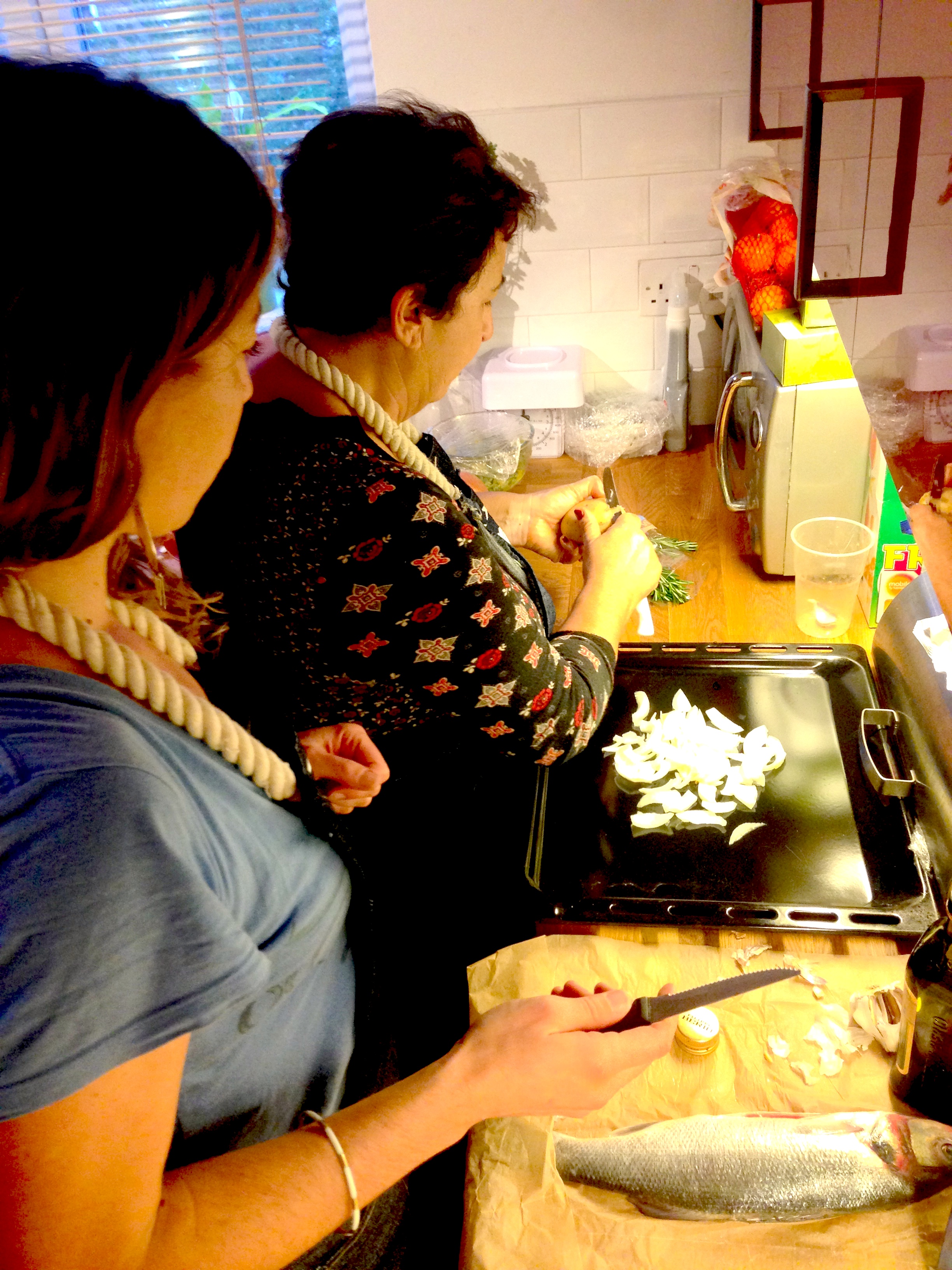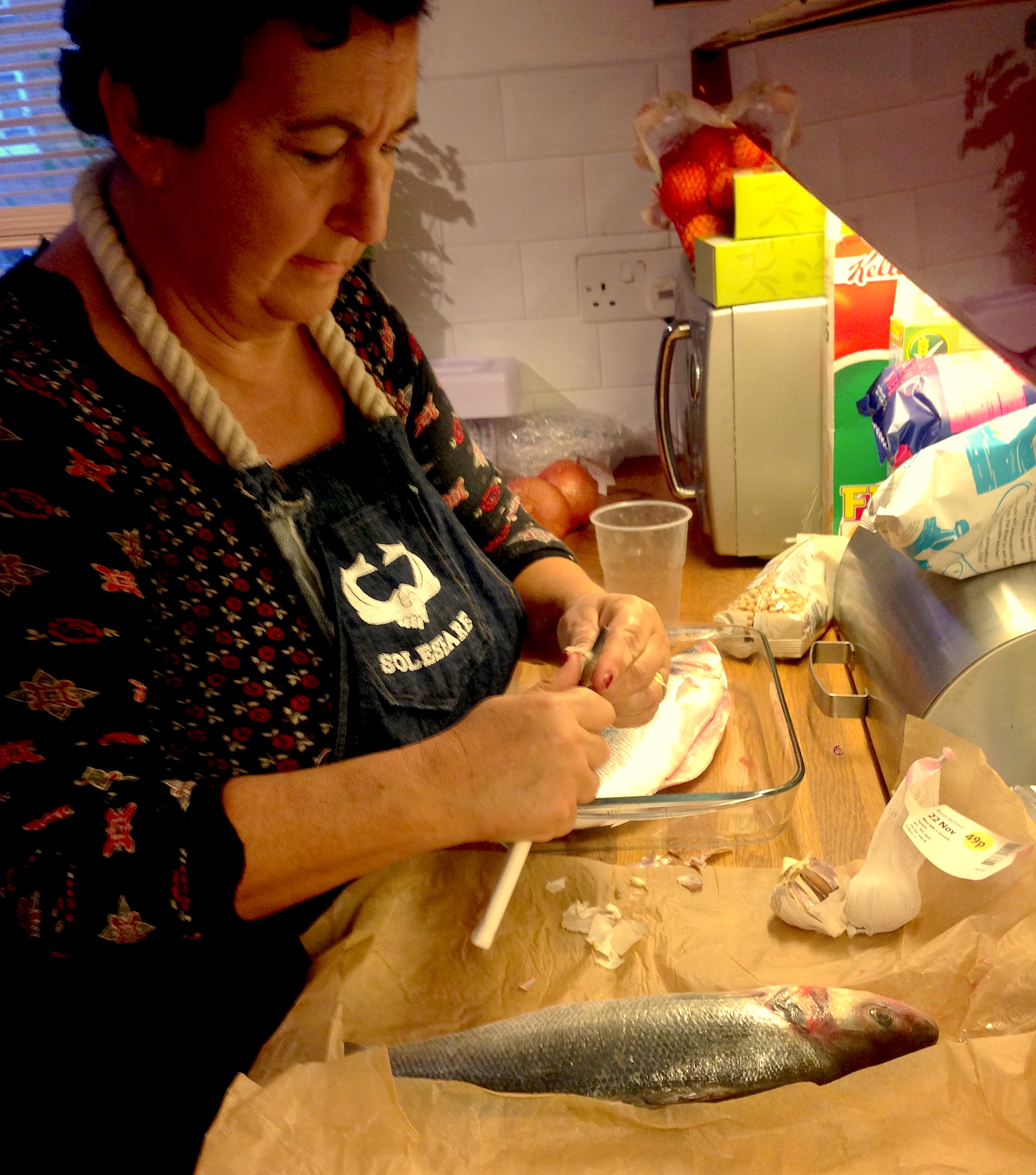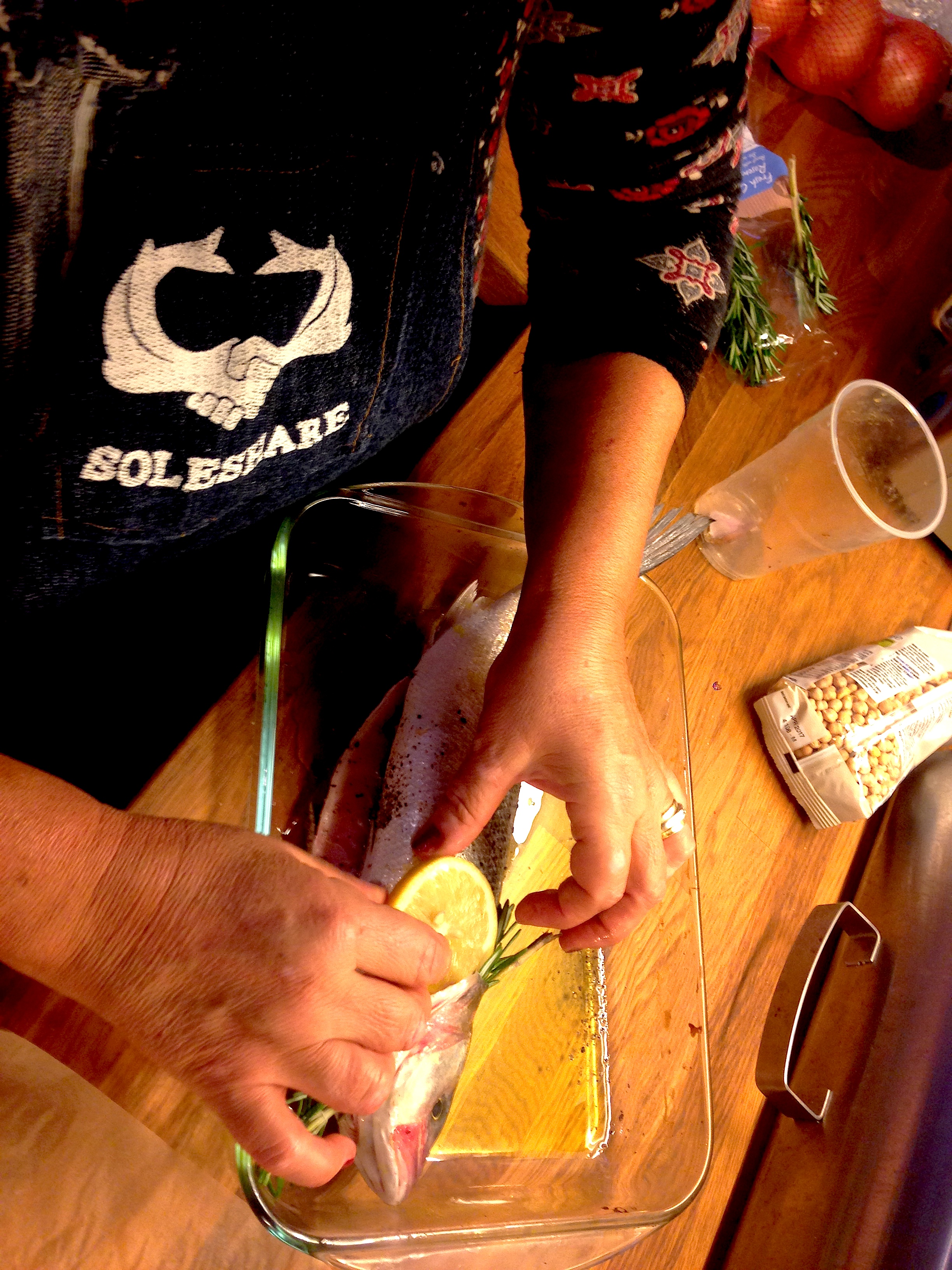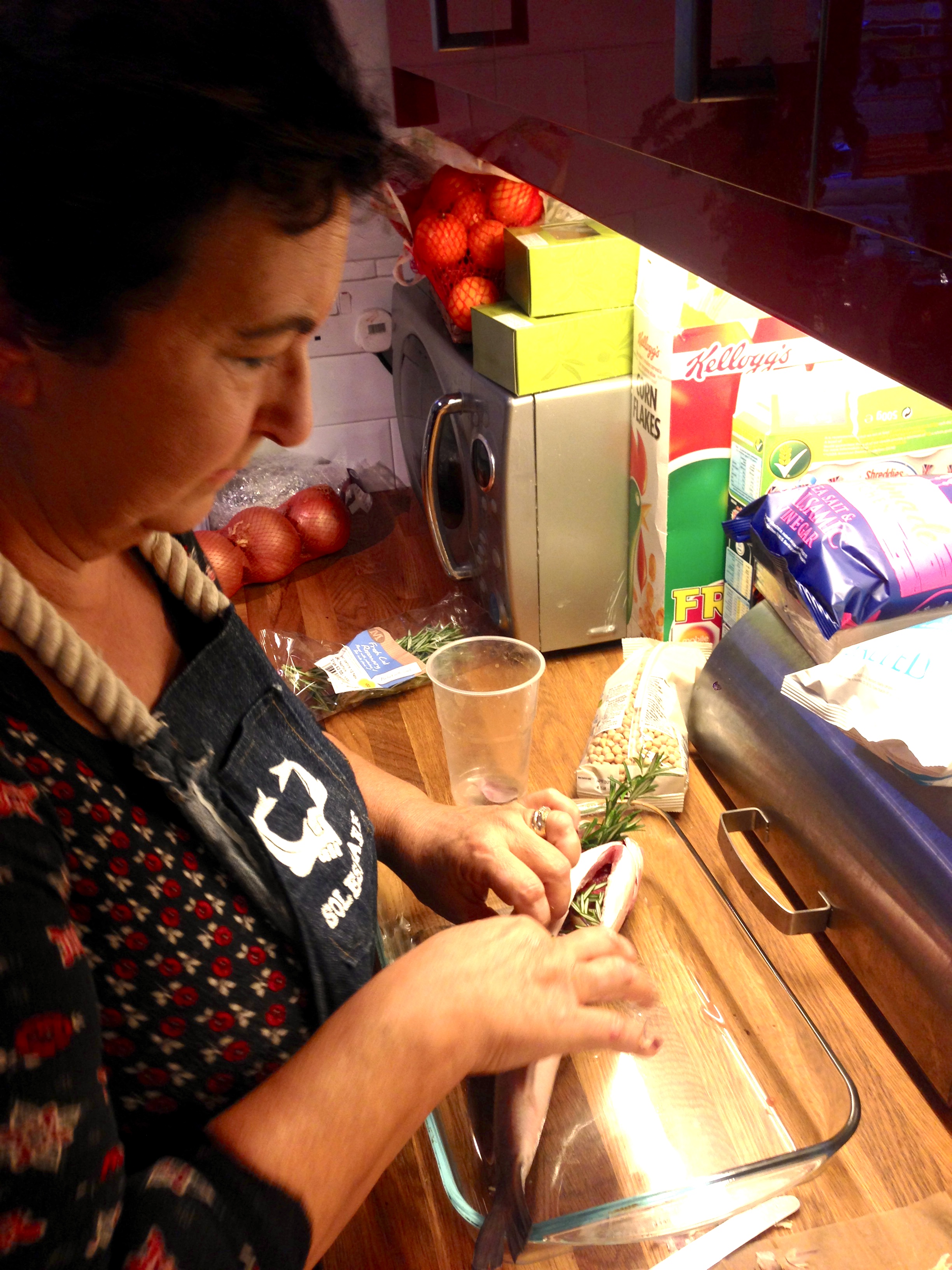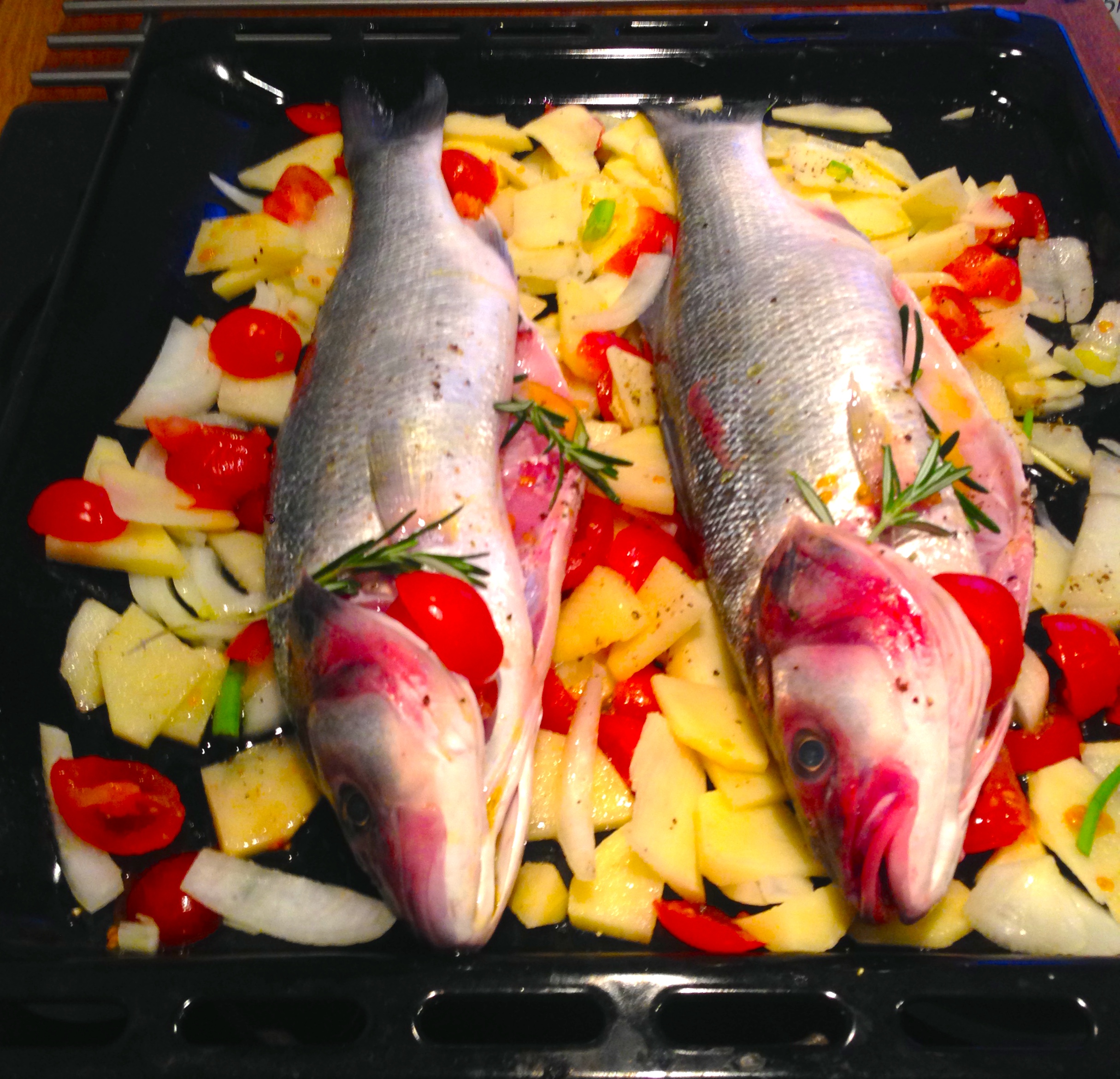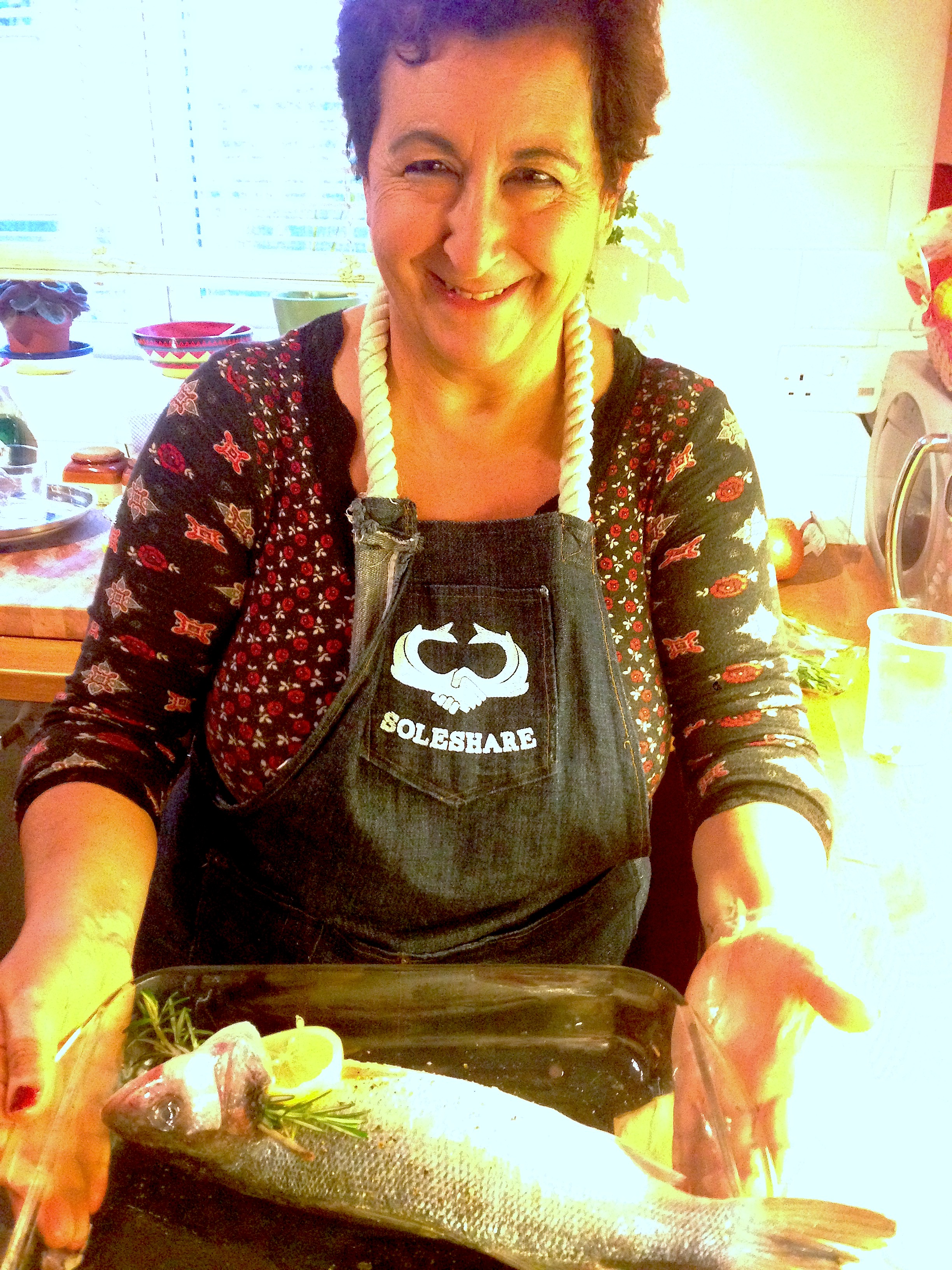
BLOG
Quota quotes
Today the New Economics Foundation published a report on fishing. It says that if we reduce fishing pressure (ie catch less fish) then in ten years, stocks will recover to a point where we’ll actually catch more fish.
It also argues that small-scale fishermen, who use low impact methods (like the ones we work with here at SoleShare), should be given more quota than they currently have, so they would be allowed to land and sell more fish. This would obviously mean taking quota away from the bigger trawlers whose methods use more energy, have greater impacts on the marine environment and employ less people.
This isn’t some loony left wing idea either. The Common Fisheries Policy, the piece of European legislation governing fishing in our shared seas, actually set out to do this across the board, starting in January.
As you can imagine though, the vested interests of the large fleets want to hold on to their quota. Bertie Armstrong, head of the Scottish Fishermen’s Federation (the big industry body) has said:
"Redistributing quota is a bit like saying to a farmer who has looked after his land and invested in his business over generations - thanks for all you have done and your stewardship of the land, but we are now going to take away your fields and give them over to allotment farmers."
Well it’s not. The Common Fisheries Policy and the industrial trawler barons it has created have done little to help fish, fishermen or the wider marine environment. The past 20 years has been a mess. Those in charge, who have grown fat on the subsidies and found themselves in positions of power are obvious advocates of maintaining the status quo.
Mr Armstrong is also purposefully framing the issue in this certain way. By aligning fishermen with farmers, it instantly conjures up images of Mugabe’s reallocation of farms in the 90’s. A policy move which moved Zimbabwe from the breadbasket of Africa to one of the world’s most food insecure nations.
This is harmful rhetoric and totally irrelevant. We’re not giving quota to people who’ve never gone fishing before. We’re simply taking some of the quota from the big boys and giving it to the inshore fleet.
Remember the UK inshore fleet makes up 80% of the UK fishing fleet, yet only gets to catch 4% of the fish. One single (Dutch) vessel, the Cornelis Vrolijk has 6% of the UK quota, more than the whole inshore fleet combined! And it employs a handful of people.
Inshore fishermen fish on the same patch of sea every day. It’s in their interest to look after it, because they rely on its underlying health to supply them with the fish they catch. While the way they fish is more environmentally sustainable, it’s not economically sustainable. We set up SoleShare to give them more money for the fish they catch, but if they’re not allowed to catch any fish, there’s not much we can do!
Don’t get me wrong, I'm not saying we should transition to a fleet made entirely of small dayboats, but we need to make sure we have a resilient, profitable inshore fleet. We need a mixture of larger and smaller vessels. They serve different needs and a healthy mix is best for supply, best for the seas and best for employment in the industry.
At the end of the day this is about the right to fish. The fish in the sea are not owned by fishermen. They are as much ours as they are theirs, they’re a public good. It shouldn’t be up to Producer Organisations to say who gets to catch what, we need a fairer more transparent system.
Greenpeace are currently fighting a legal battle to find out exactly who owns all the quota in this country. The government, despite a number of Freedom of Information requests have stayed tight lipped on the matter. Why, we don’t know. Maybe Putin owns it all, or ISIS, or the French government.
What we do know is that no matter who owns it, those who control it have done a terrible job with it over the past few decades. The number of fishermen has declined and the number of healthy fish stocks with it.
Redistribution shouldn’t be a dirty word. We should just reward those that do a job well with the ability to do the job even better.
Tough times for our inshore fleet
At SoleShare, we work with independent inshore fishermen. The inshore fleet’s been steadily declining for years and we started our Community Supported Fishery to give them a steady and stable market with fair prices for their fish.
A few weeks ago, the tail end of Hurricane Gonzalo reached our shores, bringing with it gale force winds. Our guys spent a good few days unable to fish. Weather’s always problematic for dayboats and it’s something that they factor into their daily life.
A week after hurricane Gonzalo, another storm hit the south coast and this time, no one saw it coming. The Marine Management Organisation (MMO), who are in charge of quota for the UK fleet, decided to close the inshore fisheries for skate and plaice in Sector VIId.
VIId covers the Eastern English Channel and is where the majority of our fishermen operate. And the inshore fleet had caught all their quota (the slice of the pie that's divvied out between all the boats in Europe). As a result of this closure, they’re not allowed to land any plaice or rays. Both of these are mixed species fisheries. One of our fishermen uses 6 inch tangle nets to target large plaice, soles and cod, but it’s really the soles he’s after.
Same goes for the skate fishery, the 10.5 inch trammel nets they use, not only catch skates and rays but turbot, halibut and brill- all three of which command a much better price on the dock.
The fishermen are faced with a problem, stop setting ground nets to make sure they don’t catch any plaice or rays, or simply discard the ones they catch and keep the more lucrative species.
Luckily, the static gear used by most inshore boats mean that the majority of the plaice and rays thrown back into the sea will survive, still, many won’t.
There’s an old adage in fishing- it’s hard to be green when you’re in the red. With crews to pay, loans on boats and mortgages to think of, the fishermen are put in awful position.
These guys haven’t done anything wrong, they fish using some of the most environmentally sustainable techniques possible, but it’s problems like this that make their way of life economically unsustainable.
Greenpeace have recently started a campaign to make sure our new fisheries minister, George Eustice makes sure quota allocation is done in a fairer way, with a larger slice of the pie given to smaller, more sustainable fishers. It’s one that we fully support. We need new measures to ensure the survival of the inshore fleet, we give a helping hand to a small number of fishermen, but we need policy changes to really secure their futures and the future of their industry.
This example should put things into context:
There are around 12,000 inshore fishermen in the UK. They share 4% of the total UK quota of fish.
The Cornelis Vrolijk (on the left) is a Dutch trawler that flies a British flag. It has 23% of the UK fish quota. It lands all its fish in Holland.
So one trawler, employing just 55 British crew has over FIVE TIMES as much quota as ALL the inshore fishermen in the UK.
Does that seem fair to you..?
It's issues like this that have enraged fishermen all over the south coast. Many want to see us withdraw from the EU and take control of our own fish stocks. However, it's much more important that we actually get involved with EU negotiations to ensure a fair deal for our small scale fishermen.
Please support the new Greenpeace campaign, we will be.
Cooking with Mama Rosetta!
We had wild sea bass from Kent in the box this week, that beautiful fish with firm white flesh and silvery sheen and I was determined to do my fish justice. So it was perfect timing that one of my favourite Italians happened to be in town this week and offered to spend an afternoon in the kitchen showing me some of her Livornese cooking secrets.
Meet Rosetta, the gracious, loveable Italian mama you always wanted.
After the ceremonial greeting with kisses on both cheeks, forehead, both cheeks again, she took me by the hand into the kitchen, we donned our aprons and rolled up our sleeves.
We cooked the sea bass 2 ways. Spigola Arrosto (roast sea bass), a beautifully simple whole roasted fish with rosemary, garlic, lemon & olive oil (lots of it). And the other one went a little something like this...
Rosetta's Spigola alla Catalana (Catalan sea bass)
Ingredients
Sea bass x 2, scaled & gutted
Potatoes, thinly sliced (enough to make a bed for your fish)
Bunch of cherry tomatoes
A few sprigs of rosemary
4 cloves of garlic
Olive oil (be generous!)
Salt & freshly ground black pepper
1. Cover the bottom of a baking dish with very thinly sliced potatoes to create a bed for your fish. We cut each potato into quarters, then sliced each quarter into thin slices.
2. Scatter a bunch of halved cherry tomatoes over the potatoes, then douse with olive oil and lots of salt and pepper.
3. Place your scaled & gutted fish on top of the potato bed. Sprinkle a good bit of chopped garlic into each cavity, then lots of salt and freshly ground black pepper and a good glug of olive oil.
4. Stuff a cherry tomato and a sprig of rosemary into the gills, and another into the belly cavity.
5. Pronto! It's ready for the oven. Bake for a good 45 mins until the potatoes are nice and tender. I thought the fish might overcook for this length of time, but they were perfect. By cooking the fish whole and with the generous olive oil dousing, everything kept lovely and moist.
Rosetta served up the fish with a simple green salad and the most delicious buttery, cheesy sauteed brussel sprout dish I've ever had (turns out that one's a bit of a family secret).
Top tips I took away? Keep it simple, don't skimp on the olive oil and embrace cooking with the whole fish! If you do you'll get heaps more flavour and your fish will stay moist, delicious and just plain finger licking good.
Grazie Rosetta! And a massive thank you to our boys in Dungeness for braving the midnight seas and catching us these beauties.
Today's Catch!
We're just heading off to pick up today's catch from our fishermen Ken and Joe in Dungeness. They've caught seabass and herring for all our members today! Check out the recipes below for some cooking inspiration...







